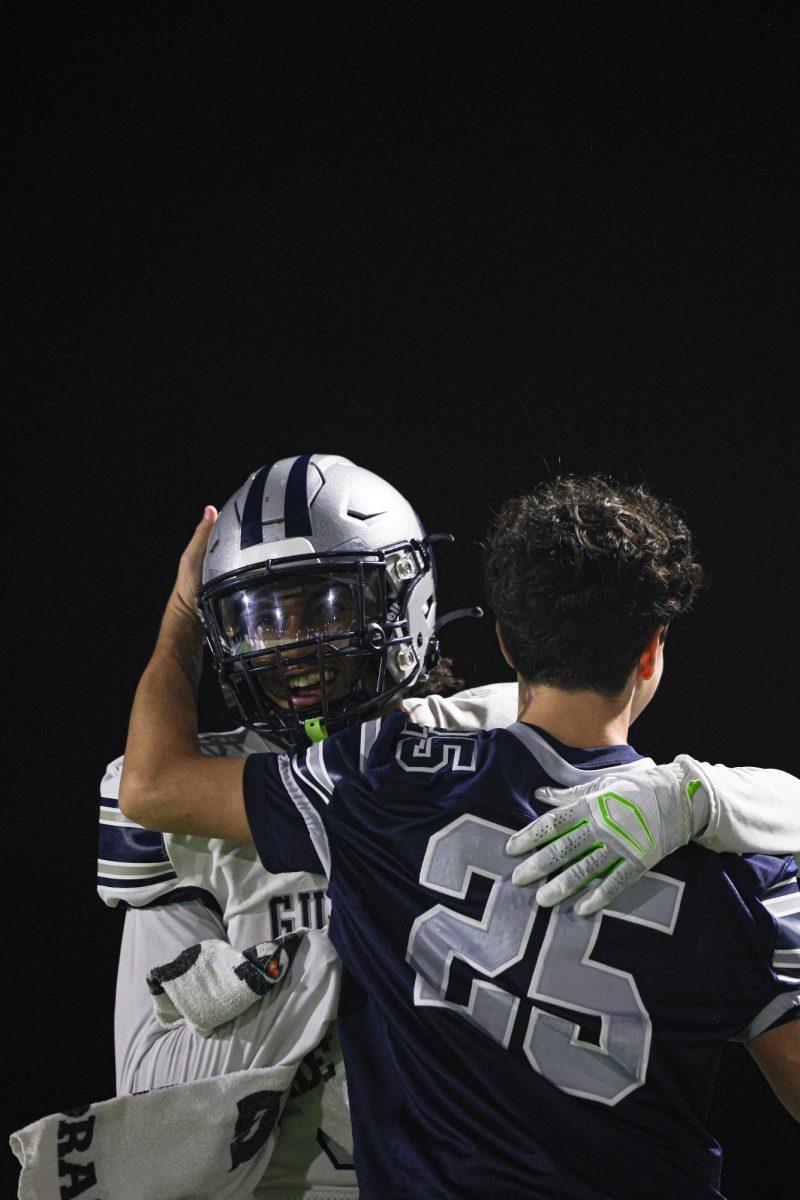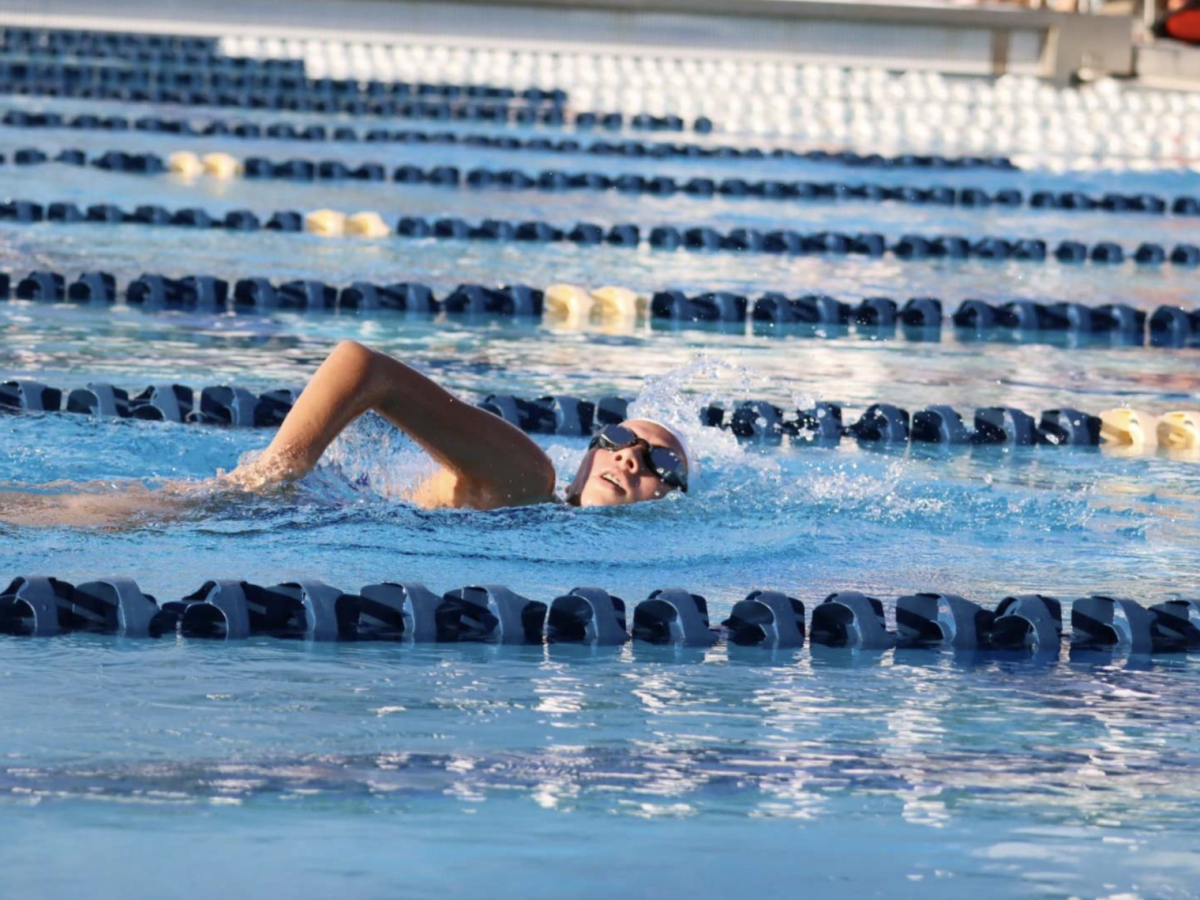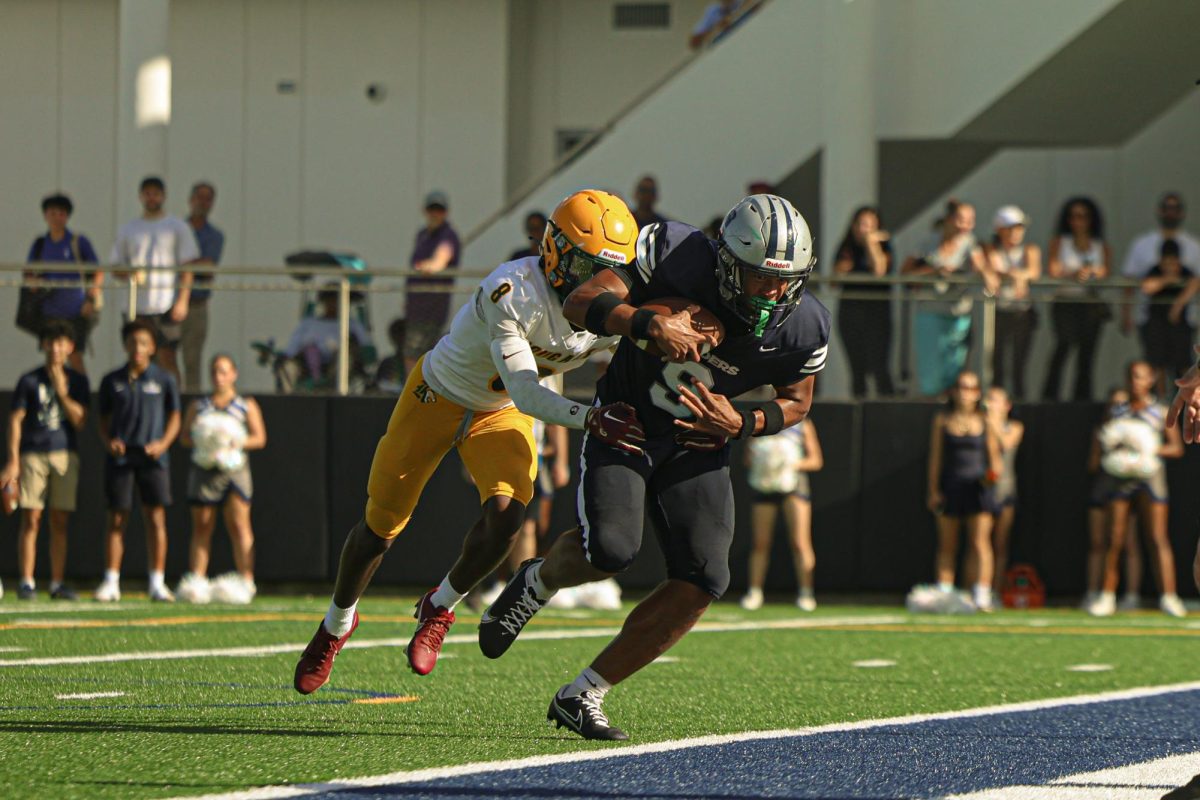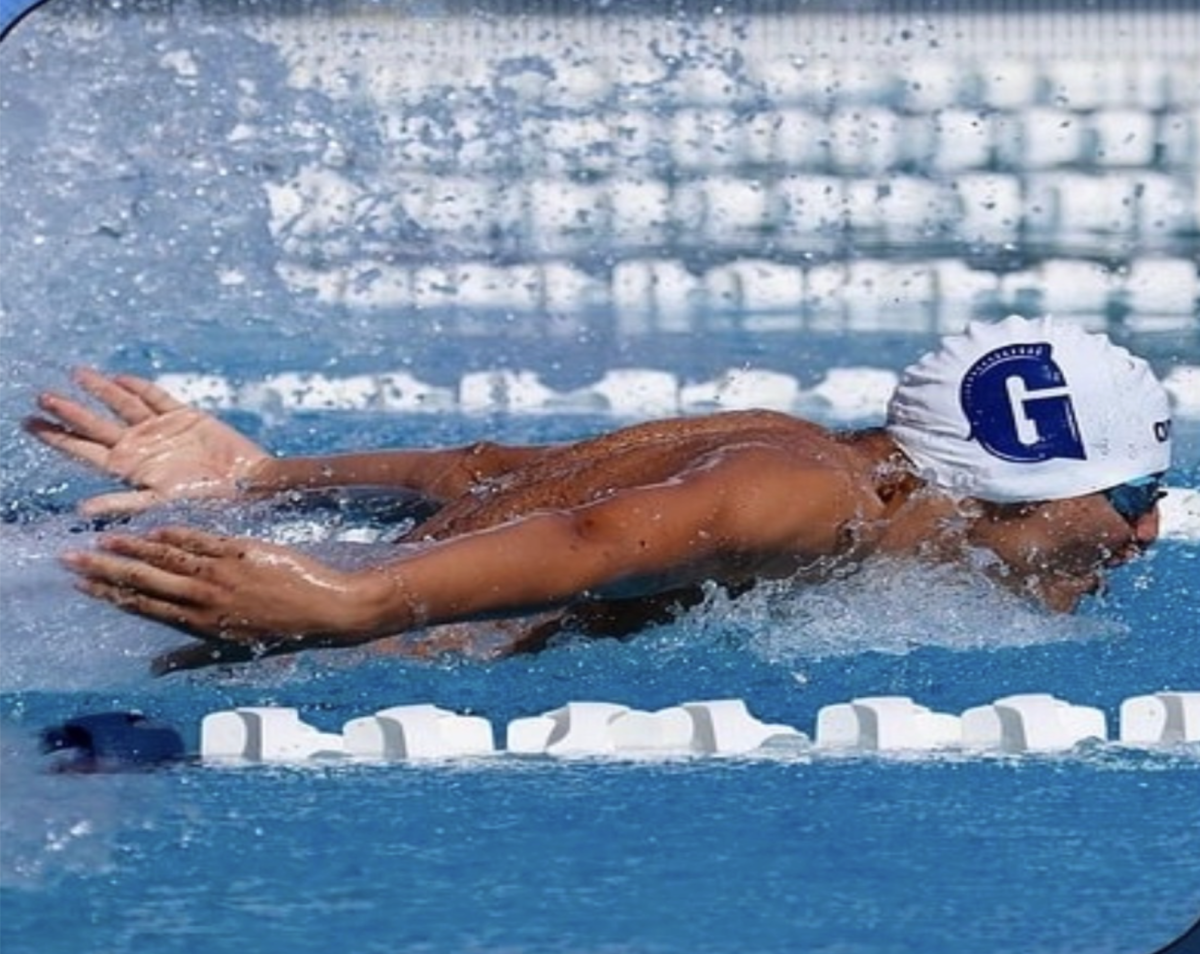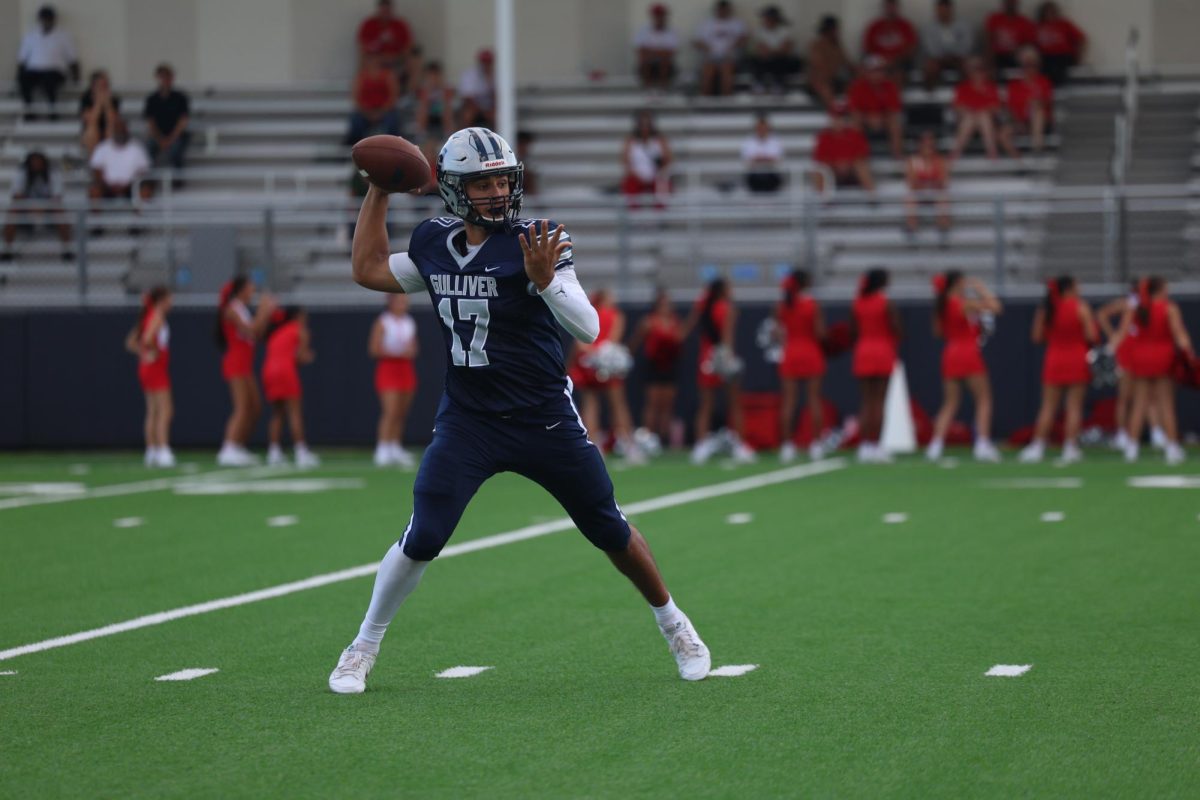The fall sports season is coming to an end. For some student-athletes, the shortcomings of a bad season fueled by setbacks might be devastating, compromising their self-esteem and self-confidence and putting their long-term career in athletics at risk. All of a sudden the passion for sports might fade away, negative emotions take place, and quitting might be the only way out.┬Ā
A study by the American Academy of Pediatrics (AAP) released in 2024 shows that 70% of teenagers and children drop out of organized sports by the age of 13. Student-athletes may quit sports for a number of reasons, including burnout, feeling overwhelmed, or simply not knowing how to cope with setbacks. Senior Sophia Ciperski, a varsity swimmer and water polo player has struggled with overuse injuries that made her lose a full swimming season while dealing with uncomfortable practices and physical therapy sessions. Still, she maintains a positive outlook.
ŌĆ£DonŌĆÖt allow a simple setback to define your sports career or life,ŌĆØ Ciperski said.┬Ā
Ciperski shares powerful words of advice, reflecting on the times she considered giving up on sports during her recovery.
ŌĆ£Keep yourself centered and remind yourself what is truly important to you and your goals. To come back stronger and to overcome such failures, mental strength as well as support from loved ones, is what will make the biggest difference,ŌĆØ Ciperski said.
Athletes are used to setting high goals and working very hard in their sportŌĆÖs pursuit, yet sometimes lack resources or preparation to deal with setbacks. Upper School Social Sciences faculty member, Mr. Thomas Timko stresses that building mental resilience is critical to preserve the well-being of athletes in coping with difficulties. According to Mr. Timko,┬Ā resilience is the ability to bounce back after experiencing a poor or bad outcome.┬Ā
ŌĆ£It is a decision one makes after failure. The person uses grit to push themselves through this tough time. In order to be resilient, you need to have some qualities that will make it possible. Some of these qualities include but are not limited to things like having a positive mindset, having family/friend support, and sleeping well. The qualities that you need to possess to be resilient also lead to good mental health and well-being,ŌĆØ Timko said.
Coach Nick Folker, Director of Aquatics in the Upper School defines resilience as the essence of success in life and affirms.┬Ā┬Ā
ŌĆ£There is a great quote that I believe sums up resilience: ŌĆśSuccessful people see opportunity in every failure. Normal people see failure in every opportunity,ŌĆØ Folker said. ŌĆ£Building resilience is not an individual task.┬Ā ItŌĆÖs critical that sports leaders within the team encourage teammates struggling or facing setbacks, not letting them get in the way of┬Ā both individual and collective goals.ŌĆØ
Swimming is an individual sport but in collective sports, teams play a critical role in building resilience in their members.┬Ā
ŌĆ£Teams are made of people and some people are more positive than others. If the team believes that they can overcome obstacles, then they will. Humans are social animals and we learn from each other all of the time. In a team sport, the behavior of the leaders often will impact the rest of the team. If the leaders demonstrate resilience, it can affect the rest of the team in a positive way.ŌĆØ┬Ā Timko said
Developing a growth mindset can ultimately help student-athletes cope more effectively with failure. Rather than concentrating on the setback, athletes can embrace the opportunity to learn from it. When in crisis moments, if young athletes can manage to identify and reflect on how their behaviors, emotions, judgments, and ideas might have shaped their actions and performance, they become self-aware of their emotions and naturally more resilient.┬Ā
ŌĆ£Having stable emotions will help people become more resilient. High emotional intelligence will help with emotional stability and resiliency. Learning mindfulness and self-reflection will help people learn how to use their emotions beneficially.ŌĆØ Timko said.


